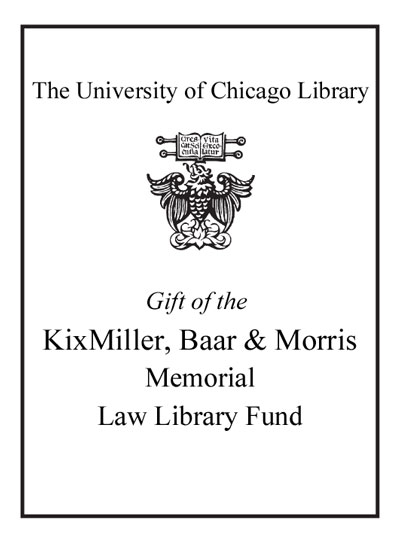| Summary: | "Battle lines have been drawn over involuntary treatment. On one side, there are those who oppose involuntary psychiatric treatments under any condition. Activists who take up this cause often don't acknowledge that psychiatric symptoms can render people dangerous to themselves or others. They also don't allow for the idea that the civil rights of an individual may be at odds with the heartbreak of a caring family. On the other side are groups pushing for increased use of involuntary treatment. These proponents are quick to point out that people with psychiatric illnesses often don't recognize that they are ill, which (from their perspective) makes the discussion of civil rights moot. They may gloss over the sometimes dangerous side effects of psychiatric medications, and they often don't admit that patients, even after their symptoms have abated, are sometimes unhappy that treatment was inflicted upon them. In Committed, psychiatrists Dinah Miller and Annette Hanson offer a thought-provoking and engaging account of the controversy surrounding involuntary psychiatric care in the United States. They bring the issue to life with first-hand accounts from patients, clinicians, advocates, and opponents. Looking at practices such as seclusion and restraint, involuntary medication, and involuntary electroconvulsive therapy--all within the context of civil rights-- Miller and Hanson illuminate the personal consequences of this controversial practice through voices of people who have been helped by the treatment they had as well as those who have been traumatized by it. The authors explore the question of whether involuntary treatment has a role in preventing violence, suicide, and mass murder. They delve into the controversial use of court-ordered outpatient treatment at its best and at its worst. Finally, they examine innovative solutions--mental health court, crisis intervention training, and pretrial diversion--that are intended to expand access to care while diverting people who have serious mental illness out of the cycle of repeated hospitalization and incarceration. They also assess what psychiatry knows about the prediction of violence and the limitations of laws designed to protect the public"--
"Every mass shooting in America raises the question of whether there would be fewer such shootings if people who have mental illness were locked away. Of course, some perpetrators were already being treated when they acted, and some never gave any sign that they might be dangerous before they acted. Nevertheless, the question of involuntary commitment comes up over and over again when a mass shooting occurs. In Committed, psychiatrists Dinah Miller and Anne Hanson offer a comprehensive account of the controversy surrounding involuntary psychiatric care in the United States. Through interviews and cases they explore the clinicians, consumers, advocates, institutions, and laws involved. They talk with people who have been involuntarily committed--both those who have been helped by this treatment and those who have been traumatized by it--and with doctors who believe that more people with mental illness should be treated, even against their will. They talk with families, policemen, ED staff, judges, someone from the Church of Scientology, representatives from NAMI and APA, and medical administrators of inpatient facilities. They explore practices such as seclusion and restraint, involuntary medications, and involuntary electroconvulsive therapy--all within the context of civil rights. Miller and Hanson explain why some people push for increased involuntary treatment while others view psychiatrists as money-hungry power mongers and their medications as the cause, not the cure, of symptoms. The authors take a middle view, advocating for the limited and judicious use of involuntary and humane psychiatric care as a last resort when someone poses a danger to themselves or others"--
|
|---|

